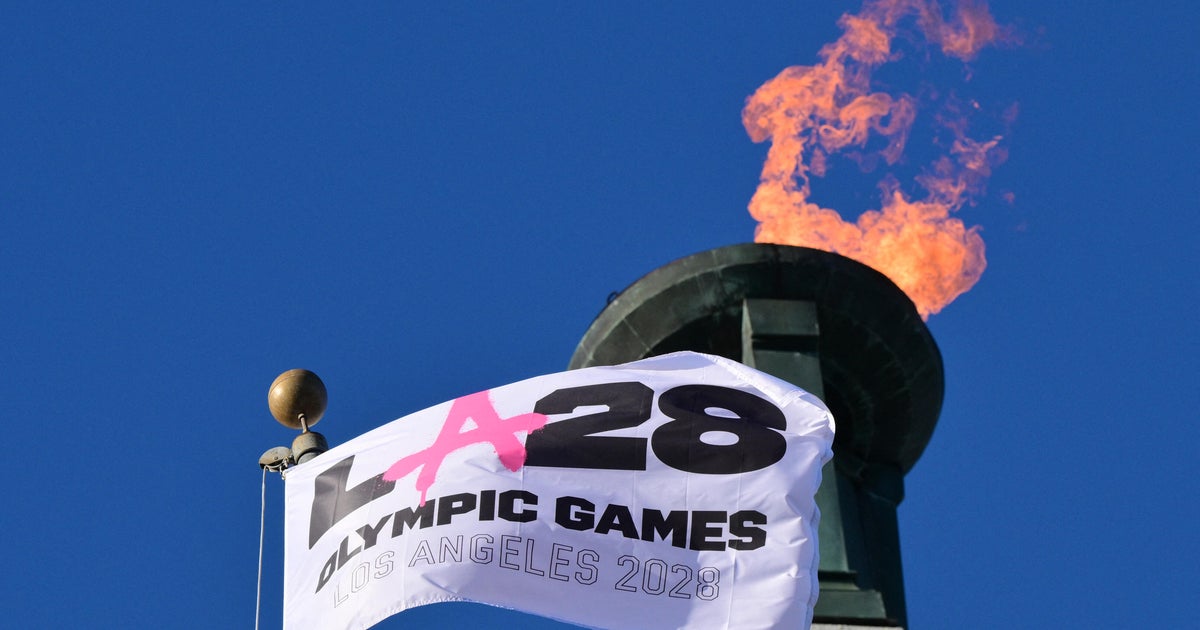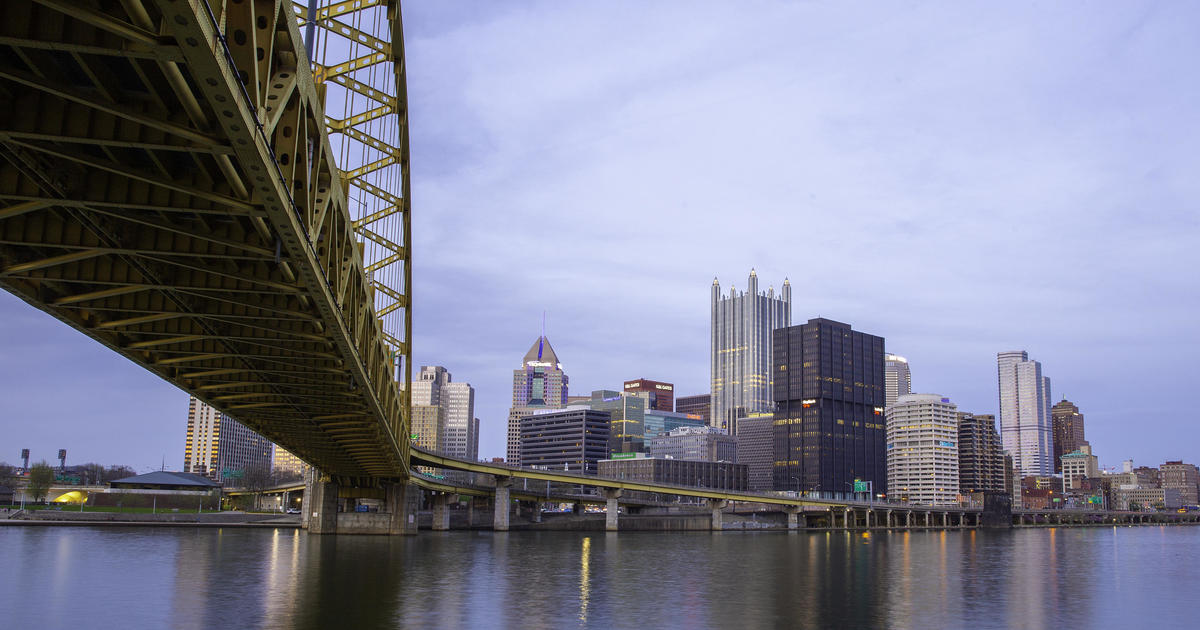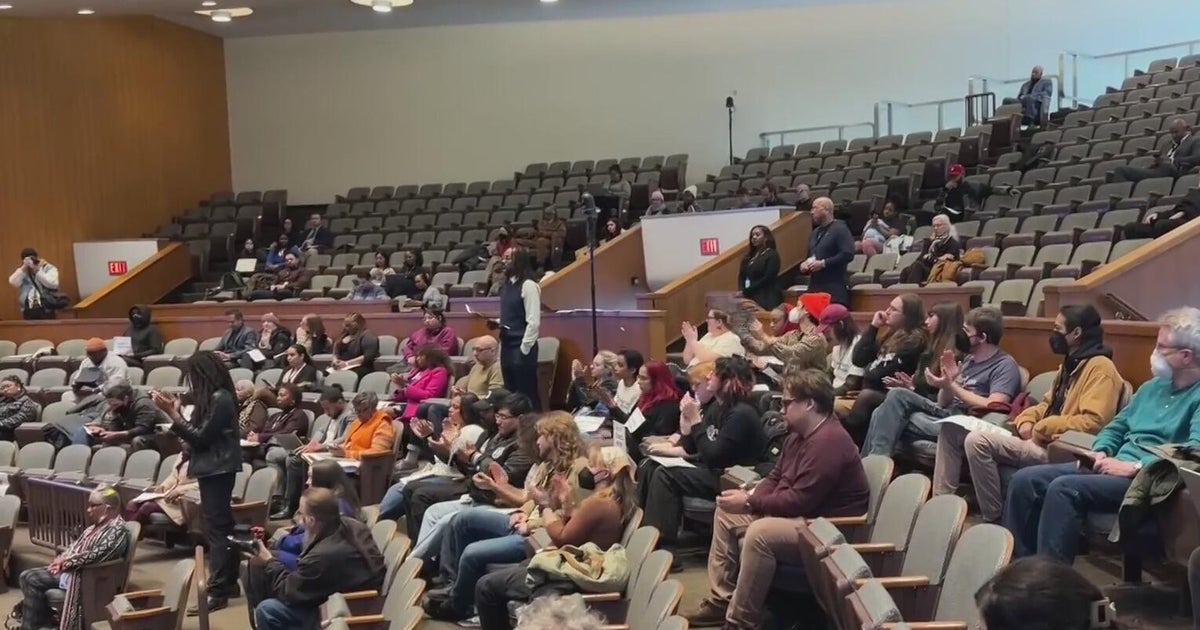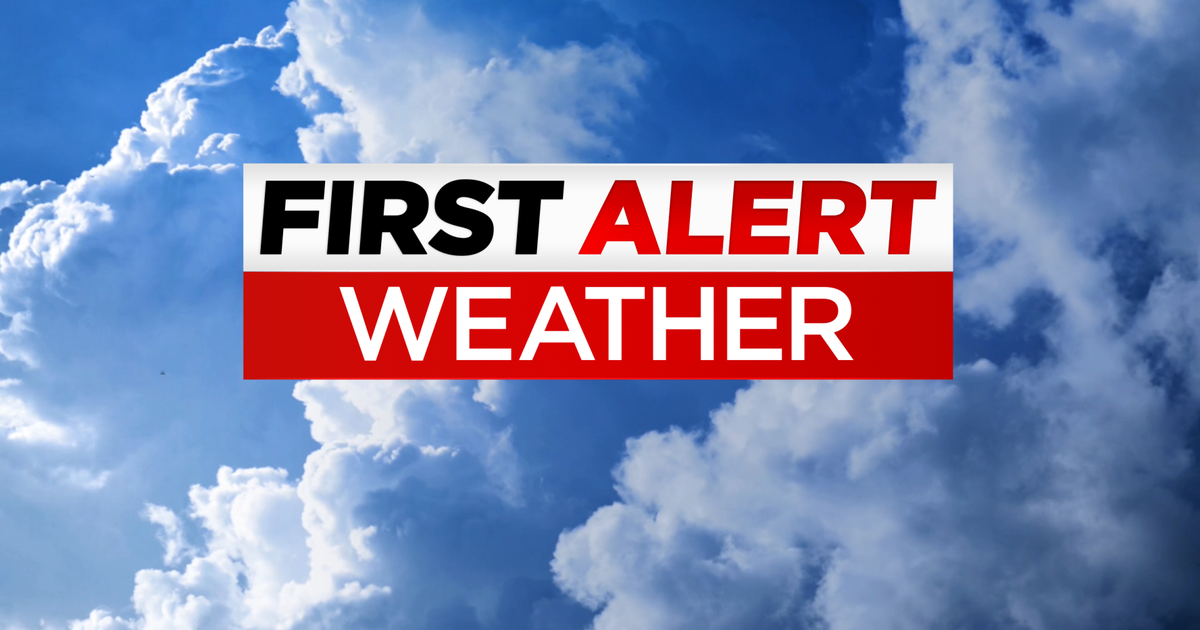Underground Tunnels Proposed For Calif. Water Woes
WASHINGTON (AP) — Federal and state officials threw their support Wednesday behind the construction of two underground tunnels as the best option for restoring California's freshwater delta and meeting the needs of farmers and Southern California cities.
The diversion of water from the Sacramento-San Joaquin Delta to croplands and urban areas has furthered the decline of the largest estuary in the West. Officials are trying to find a solution that would reduce the ecological stress on the delta without harming the state's agricultural economy.
Under the plan, two tunnels that are 33-feet in diameter and 150 feet below the surface would deliver water from north of the delta to the south. Water users would pay the tab, an estimated $13 billion. The tunnels would take about 10 years to construct.
The plan drew immediate protests from environmental groups, who said it doesn't include specific goals that would measure success in protecting salmon and other endangered species. They also said it failed to contain measures that would lead people to conserve water.
The Bay Delta Conservation Plan is a federal and state initiative that would determine a framework for dealing with the declining health of the delta, as well as the increasing demand for its water. One of the leading players in the negotiations, the Westlands Water District, pulled out of negotiations months ago.
The announcement seemed designed to give stakeholders and the public a sense of progress.
"The status quo is not acceptable. The status quo will only result in a continuing and endless cycle of conflict, litigation and paralysis," Secretary of Interior Ken Salazar said during a conference call summarizing the plan to reporters.
Salazar and other officials also said they still considered Westlands a part of the planning process.
"This is the only game in town, and we're hopeful they'll be full and robust participants as we move forward," Salazar said.
Officials said the key elements to the plan were restoring tens of thousands of acres of marshland and floodplains, and developing a new system of moving water around the delta.
In recent years, court decisions aimed at protecting endangered fish have restricted water deliveries from the delta and have spelled major losses for growers in the state's farm belt who rely on the delta's water to irrigate their crops.
The Kern County Water Agency called the plan an important development in coming up with a strategy for restoring the delta.
Agency officials, however, said they were concerned that the proposal leaves open the amount of water supply that the tunnels could provide.
State officials only said that modeling suggests that annual water exports would be more reliable and greater than current exports.
(© Copyright 2010 The Associated Press. All Rights Reserved. This material may not be published, broadcast, rewritten or redistributed.)







